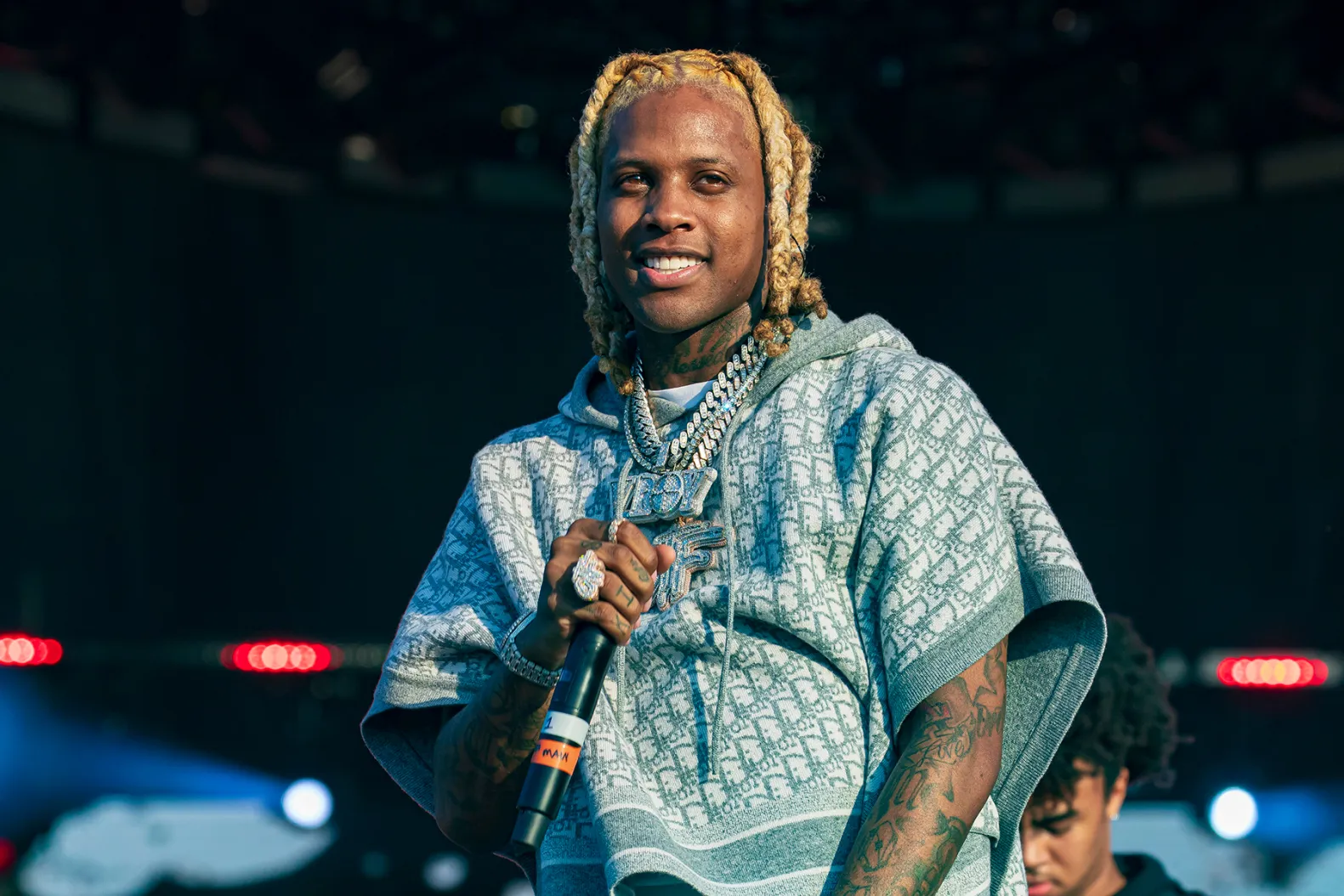Lil Durk and his defense team have criticized the FBI for using a “unreliable” informant in their murder-for-hire case.
Due to the prosecution’s heavy reliance on a single FBI informant who is accused of providing the authorities with false information, Durk argues that he should be released from custody before his trial.
“Despite the fact that more than three years have passed since the underlying incident, the government keeps referring to allegations from a federal case out of Illinois where Mr. Banks has never been charged and never will be charged,” said Drew Findling, the Chicago drill star’s lawyer.
“The allegations against Mr. Banks are based primarily on information from a cooperating human source, ‘CHS 1,’ who is described in the affidavit as a paid FBI informant and former gang member with a criminal history, according to the government’s own exhibit.”
Additionally, according to the lawyer, the government has not demonstrated that Durk poses a flight risk or a public safety issue if he is freed on bond.
Durk has proposed a $4.5 million bail package that includes $3 million in personal funds.
Additionally, he has promised to employ round-the-clock security to keep an eye on his whereabouts and effectively put himself under house arrest.
In response, prosecutors claimed that the rapper had used his enormous riches to incite violence and that the sum was insufficient.
The court has not yet made a decision about Durk’s bond request.
Durk is charged of directing six men to murder Quando Rondo in retaliation for King Von’s death, which resulted in the murder of Rondo’s cousin.
Prior to his trial, Durk had already won when the judge declared that the lyrics to his song could not be used as evidence by the prosecution.
The lyrics of Durk’s song “Wonderful Wayne & Jackie Boy” were crucial to the prosecution’s case and to getting the rapper arrested in the first place.
The words of the song, according to the prosecution, described the 2022 attack on Quando Rondo that resulted in his cousin’s murder.
Nonetheless, the rapper’s legal team was successful in proving that the song was composed and published months prior to Rondo’s fatal assault.

